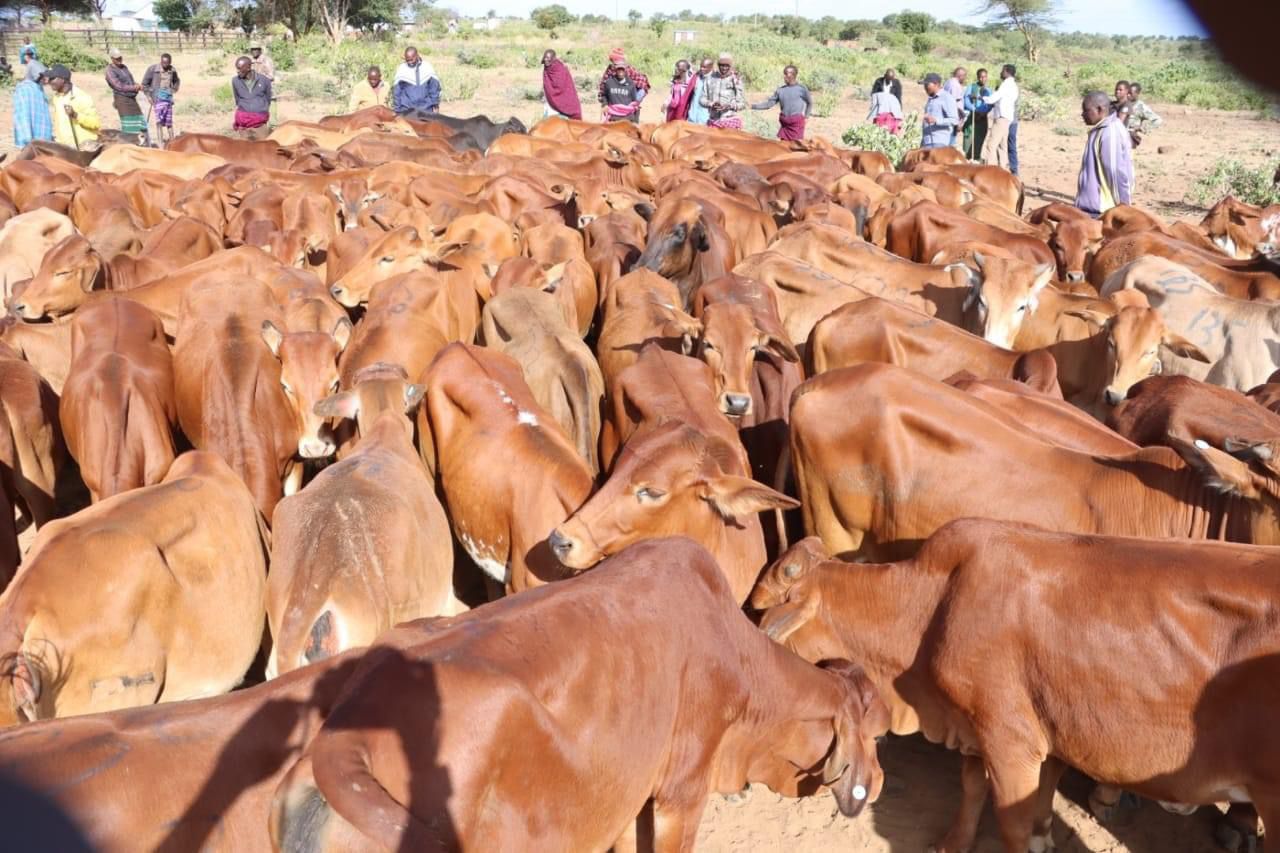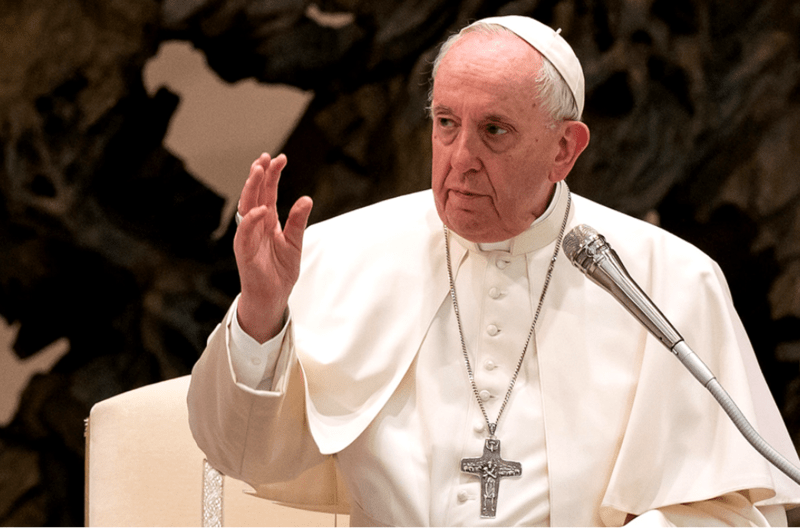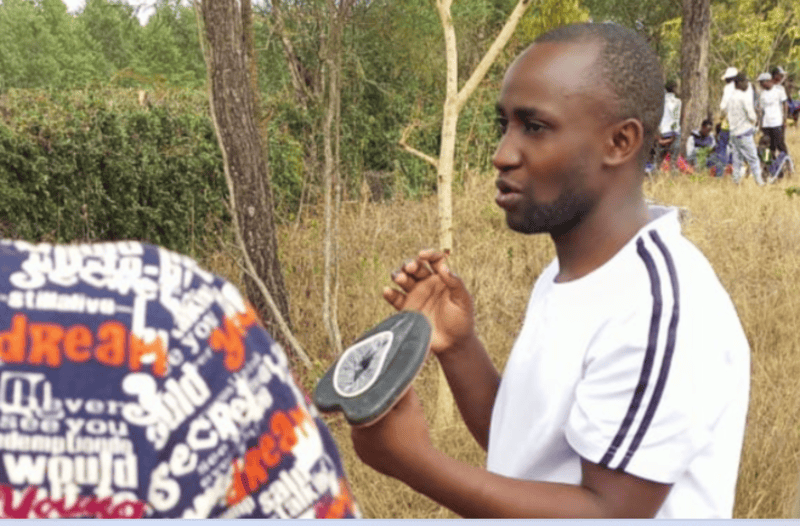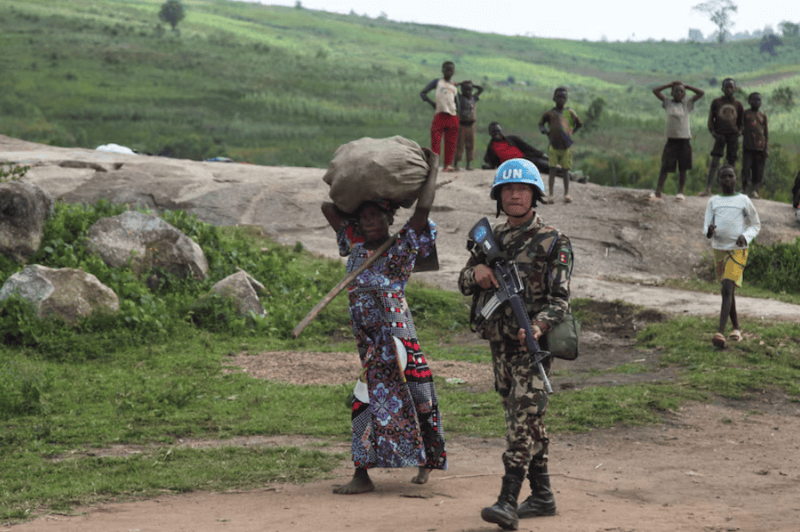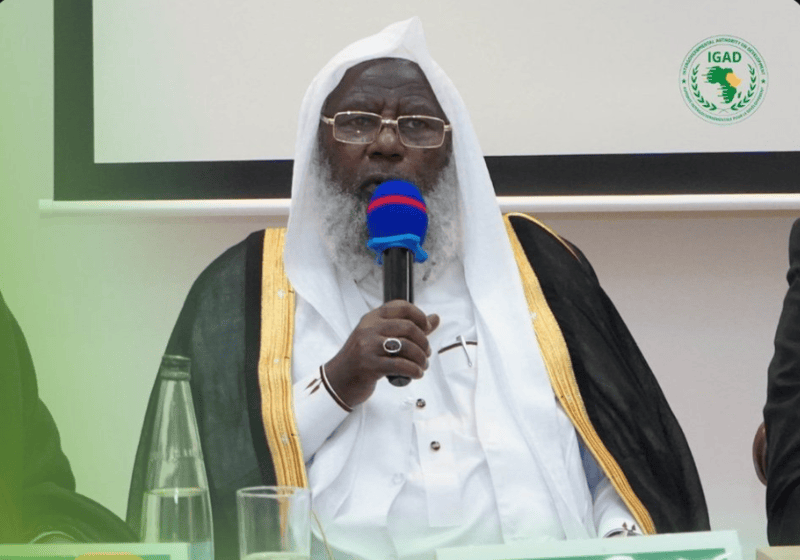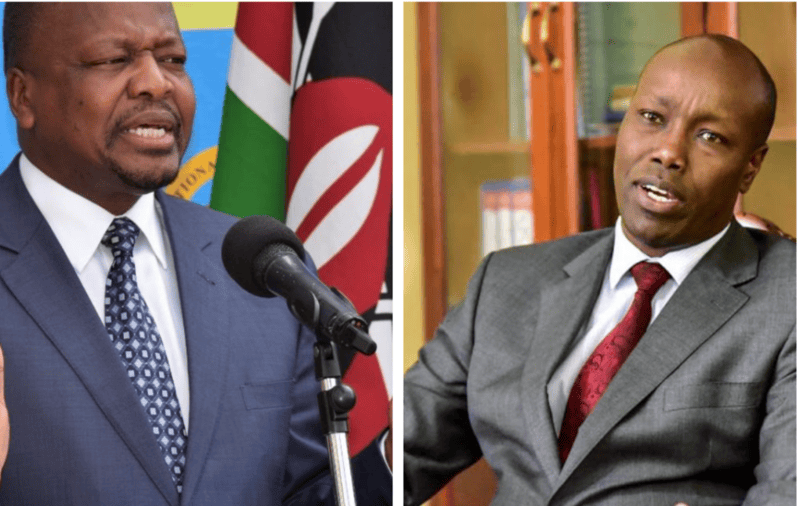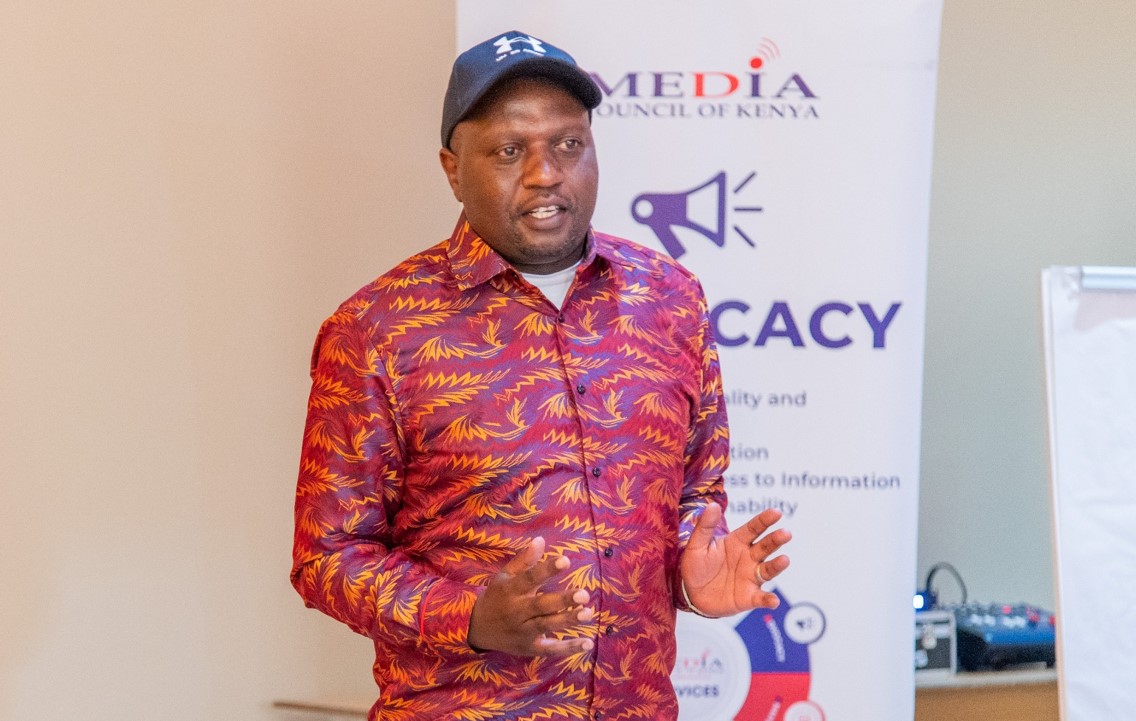World Radio Day: Innovation, collaboration key to survival - media players
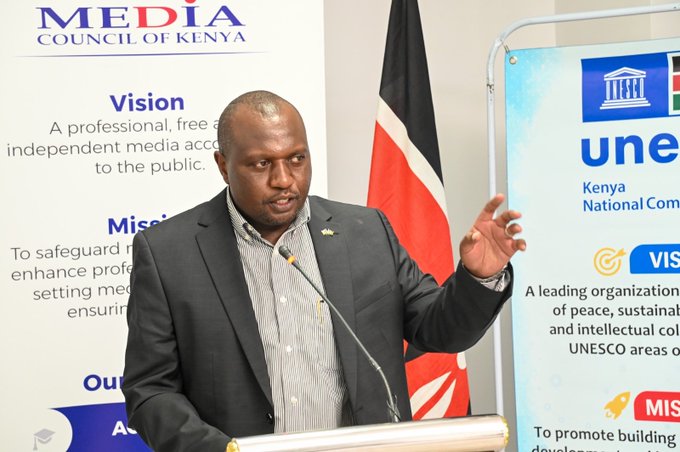
By Jill Namatsi and Apollo Ochieng |
MCK Chief Executive Officer David Omwoyo says sustainability remains the biggest issue of concern to many radio stations, especially in the wake of stiff competing from alternatives based on technological advancements.
Media industry stakeholders have called for innovation and collaboration by the public and private sectors to sustain radio as a tool for informing, entertaining and educating the public.
They spoke in Kisii County on Tuesday, where representatives of organisations including the Media Council of Kenya (MCK), the Communication Authority of Kenya (CA), and the United Nations Educational, Scientific and Cultural Organization (UNESCO) met to mark World Radio Day.
Keep reading
- Court showdown looms as Communications Authority seeks to restore nullified broadcasting rules
- Kindiki urges balanced criticism from media, pledges to protect journalists
- High Court bars Communications Authority from interfering with TV content
- Media Council of Kenya condemns harassment of Wajir journalists, calls for action
UNESCO established World Radio Day in 2011 and it was adopted by the United Nations General Assembly in 2012. The day aims to celebrate radio broadcasts, improve international cooperation among broadcasters and measure the impact of radio on society.
This year's theme is "A century informing, entertaining and educating".
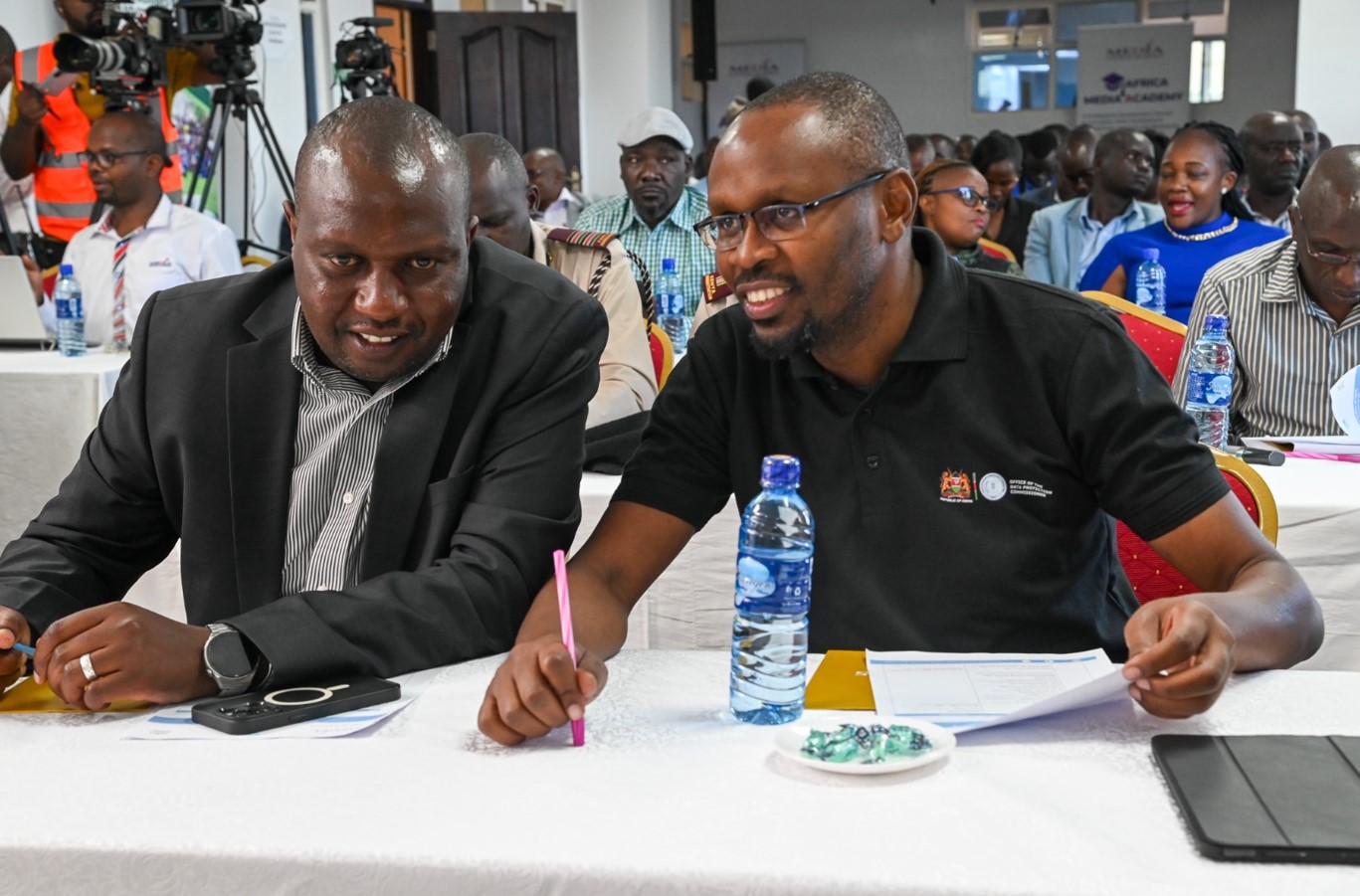 MCK Chief Executive Officer David Omwoyo with Deputy Data Commissioner Oscar Otieno during an event in Kisii County on February 13, 2024, to mark World Radio Day. (Photo: MCK)
MCK Chief Executive Officer David Omwoyo with Deputy Data Commissioner Oscar Otieno during an event in Kisii County on February 13, 2024, to mark World Radio Day. (Photo: MCK)
Many challenges
For close to 30 years since the liberalisation of the airwaves in Kenya, radio has played a significant role in communication. Each day, millions tune in to different radio stations to follow and participate in national conversations, sometimes engaging their leaders on various issues.
Radio, according to estimates by various media organisations and watchdogs, is the most trusted source of information.
Data by UNESCO shows that despite the growing influence of the internet and social networks, radio is still the prime source of information and entertainment. UNESCO says it is estimated that over four billion people across the globe listened to the radio as of 2023.
In the country, data by the MCK indicates that radio content consumption was at about 74 per cent in 2021, pointing to the power of radio as the most trusted source of news and other information.
At the event in Kisii, Alfred Ambani, the CA's deputy director of multimedia services, gave an update on the state of radio in Kenya, saying they have licensed 212 FM stations for commercial service, 78 community FM stations, and 13 public FM stations.
"Currently, 291 radio stations are on air. People are turning to radio as a familiar source for connection, education and information. Radio broadcasting is one of the most powerful ways of communicating government efforts during a crisis," he said.
Regarding the use of technology, he said the CA has developed a framework for digital sound broadcasting, which is expected to complement FM and existing radio stations.
The introduction of newer stations, such as community-based radio stations, has also helped accelerate the growth of radio as a primary source of information, widening its reach and influence.
Yet, despite its centrality as a communication medium, radio, just like print and other forms of media, continues to face challenges. These include growing cases of misinformation and hate speech, disruptions by technology, and scarce literacy programmes in the media industry.
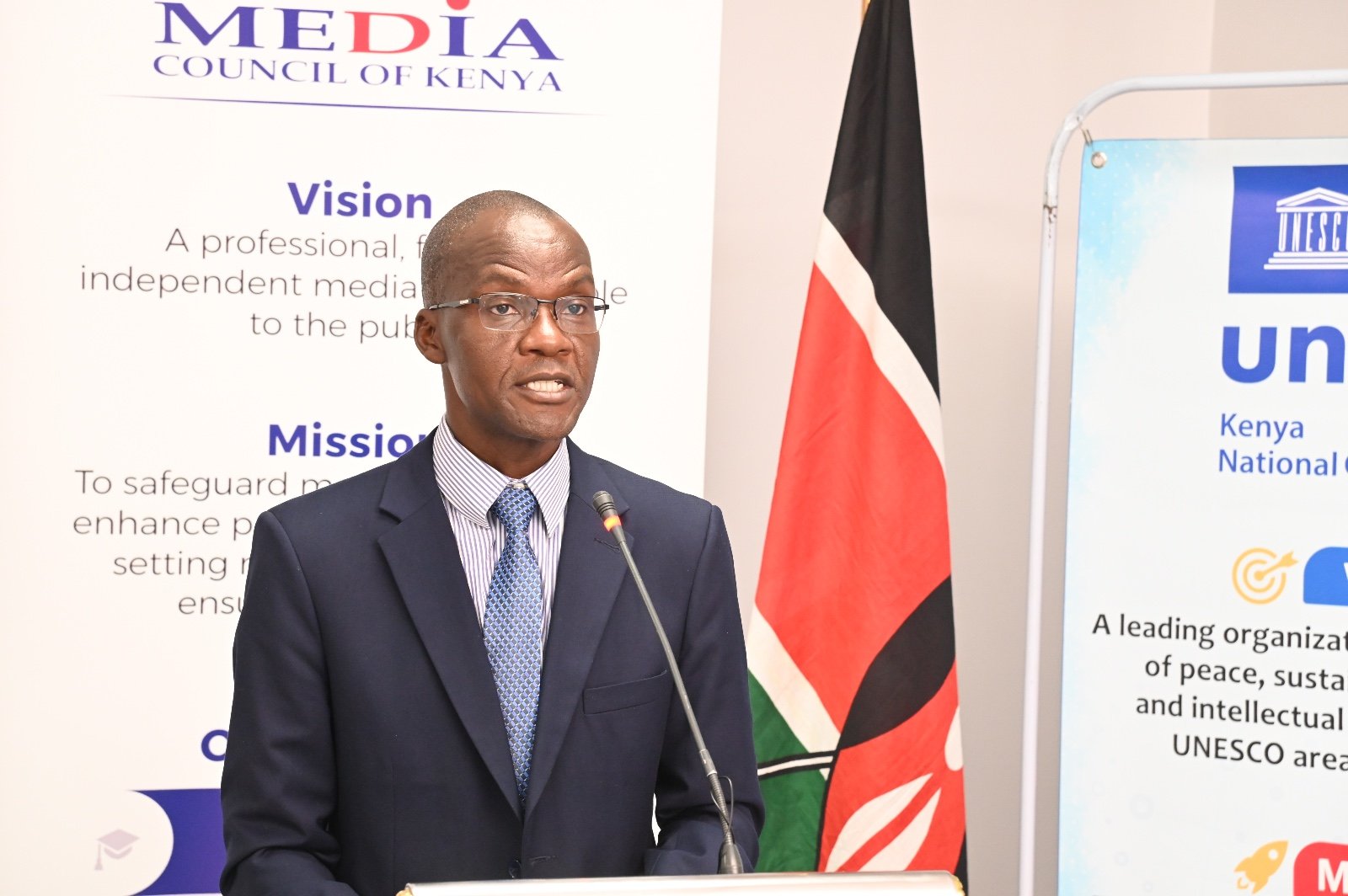 Alfred Ambani, the Communication Authority of Kenya's deputy director of multimedia services, addresses an event in Kisii County on February 13, 2024, to mark World Radio Day. (Photo: MCK)
Alfred Ambani, the Communication Authority of Kenya's deputy director of multimedia services, addresses an event in Kisii County on February 13, 2024, to mark World Radio Day. (Photo: MCK)
The sustainability question
MCK Chief Executive Officer David Omwoyo said radio's sustainability remains the biggest concern, especially in the wake of stiff competition from alternatives based on technological advancements.
"Sustainability has particularly become a major problem for many news organisations, especially the community-based ones, which have been hit by economic shocks.
"For some, it has necessitated innovative solutions, aligning with the global challenge of ensuring accessibility for all," Omwoyo said.
For solutions, the MCK chief said, innovation, collaboration and sustainability will be the areas of focus as World Radio Day is marked. He cited innovations such as artificial intelligence and partnerships between public and private broadcasters as keys to sustained radio broadcasts.
Omwoyo further highlighted the need for quality journalism, in terms of the teams that produce the news and the news itself.
"We have a duty to ensure information transmitted through these sacred channels is accurate and verified. Radio entails a lot of planning, research and organisation. We call for the upholding of the sacred space in getting reliable information," he said, adding that technological advancement is a key marker of 100 years of radio.
Agnes Kalekye, chair of the Media Owners Association of Kenya, noted the importance of embracing technology in the face of tough economic times.
"I call upon the government to support radio sustainability through providing funding support, reducing licence burden and tax and creating a sustainable environment. We laud veteran journalists who have dedicated themselves towards making radio what it is today," she said.
Other speakers at the event highlighted the protection of rights and adherence to broadcasting laws, the well-being of journalists, the key role that the MCK and journalism schools play, and the state of radio as new technologies are incorporated.
Evans Basweti, the Kisii University vice chancellor and acting DVC of Academics, Research and Students Affairs, said the MCK and journalism schools have a big role to play when demarcating boundaries in the media space to enhance professionalism.
"Radio contributes to providing a platform for democratic discourse, emergency communication, and disaster relief," he noted.
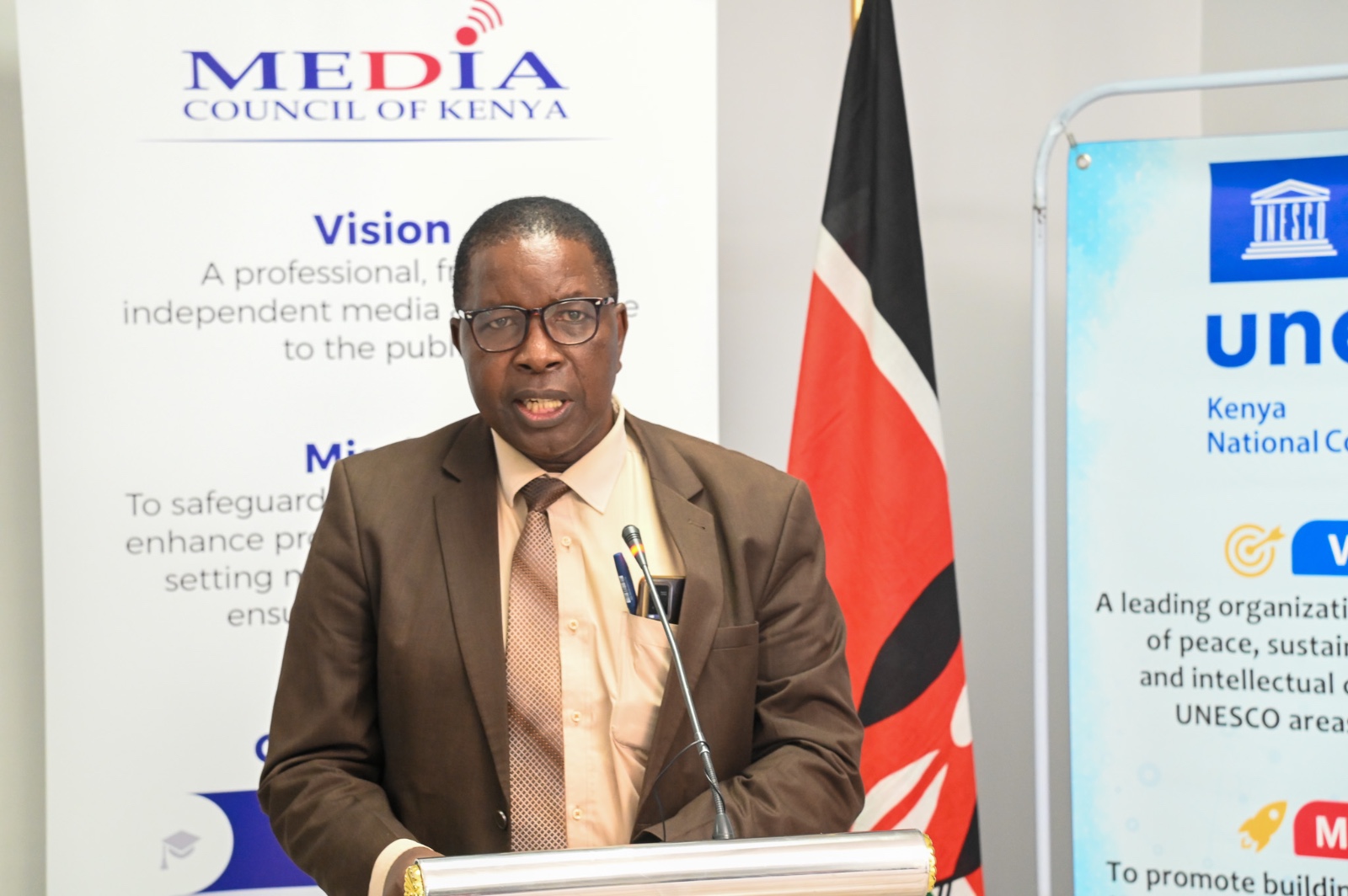 Evans Basweti, the Kisii University vice chancellor and acting DVC of Academics, Research and Students Affairs, during an event in Kisii County on February 13, 2024, to mark World Radio Day. (Photo: MCK)
Evans Basweti, the Kisii University vice chancellor and acting DVC of Academics, Research and Students Affairs, during an event in Kisii County on February 13, 2024, to mark World Radio Day. (Photo: MCK)
Deputy Data Commissioner Oscar Otieno, who represented Data Commissioner Immaculate Kassait, said, "Radio has been a critical tool in providing a platform for continuous sensitisation and creating awareness across a diverse population. The Office of the Data Protection Commissioner lauds the efforts of radio in promoting the protection of individual rights and observing data laws. We should observe purpose limitation, fairness, objectivity and accountability when dealing with personal data."
Angela Muchai, the acting director of information and communication at the Kenya National Commission for UNESCO, said, "As stakeholders, let’s continue to ensure that radio continues to carry the agenda of positive change and sustainable peace. It is important to prioritise the well-being of journalists, media practitioners and duty-bearers. Radio remains a trusted source of information for millions across the world by providing content that is relevant to the needs of society."
MCK Director of Media Training and Development, Victor Bwire, noted that radio remains the medium with the largest audience, even as media players navigate technological transformations.
"As one of the most used forms of media, with 78 per cent of Kenyans listening to radio across the country, it has been one of the biggest players in reconciliation and peace by mobilising people to come together," he said.
Kenya Correspondents Association Chairperson Araka Matara said radio can be used for positive change in society, while Juma Edwin Arera, representing the Kisii County Commissioner, encouraged media players and the general public to embrace the evolution of radio in the digital era.
"I urge media personnel not to forget to professionally broadcast and report fairly. This will enable the public to make decisions from an informed point of view," he added.
UNESCO Director-General Audrey Azoulay said that this year, they will celebrate not only the history of radio but also its central role in society, now and in the future.
"This milestone reminds us that, since its creation at the end of the 19th century, radio has always been with us, bringing us together around powerful moments and shared emotions. For over a century, it has been informing us, entertaining us, and also educating us, as this year's theme underlines," she said.
Reader comments
Follow Us and Stay Connected!
We'd love for you to join our community and stay updated with our latest stories and updates. Follow us on our social media channels and be part of the conversation!
Let's stay connected and keep the dialogue going!

